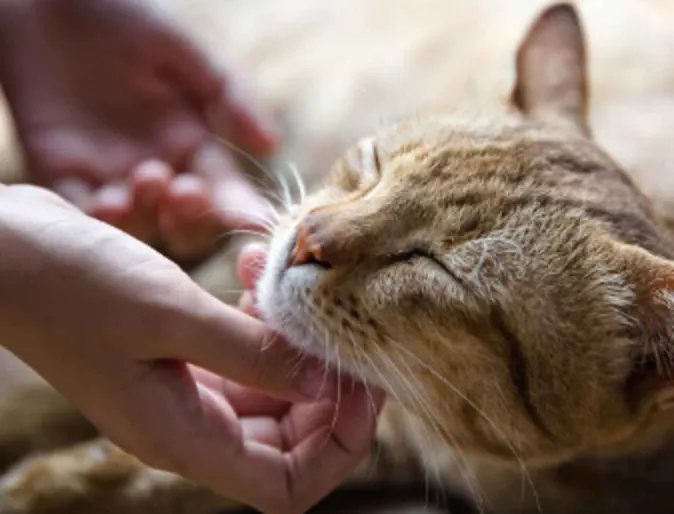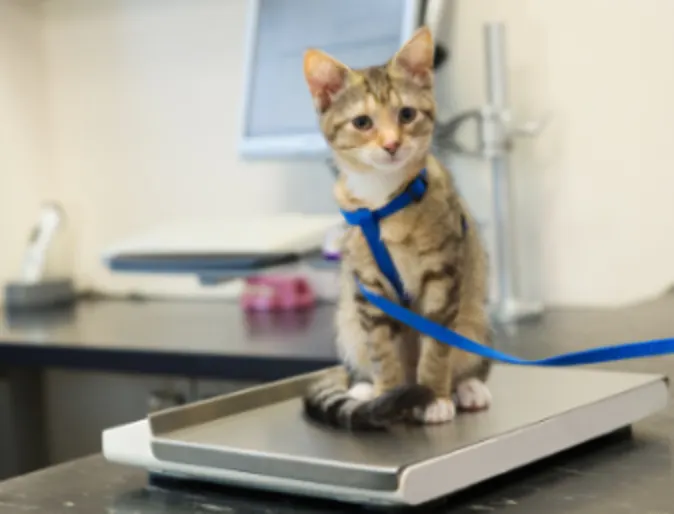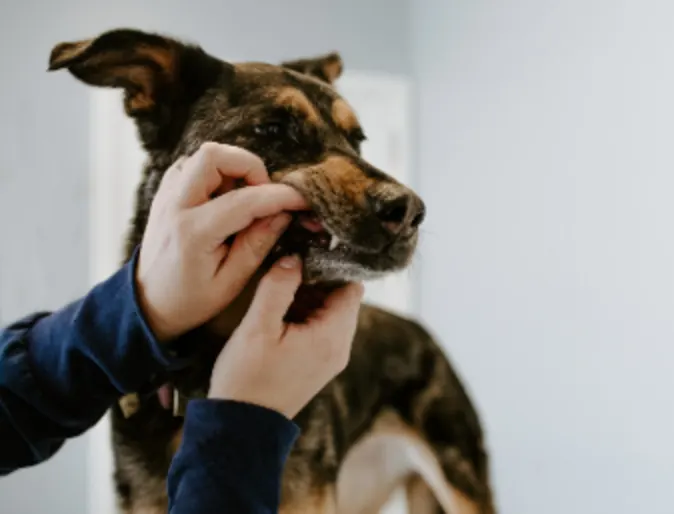Skip NavigationSkip to Primary Content


Your Experience Matters
We believe it is important to give you and your pet a phenomenal experience.
It allows your pet to be in a more relaxed environment, making it easier for us to practice excellent medicine.
And it helps you to learn about your pet’s health, feel the support of a dedicated team around you, and grow the bond you share with your amazing companion.
Client Reviews & Testimonials
We at Southwest Vet have been dedicated to providing quality veterinary care to the Austin, TX community since 2016. We strive to treat your pets with the same care and compassion as if they were our own.






